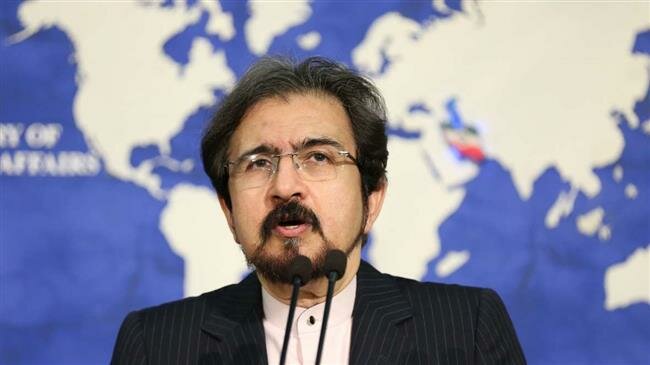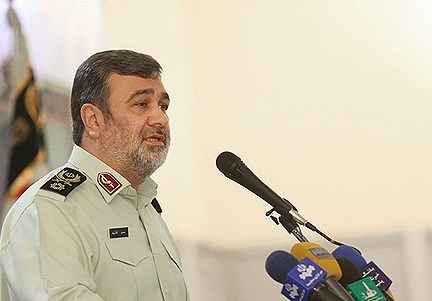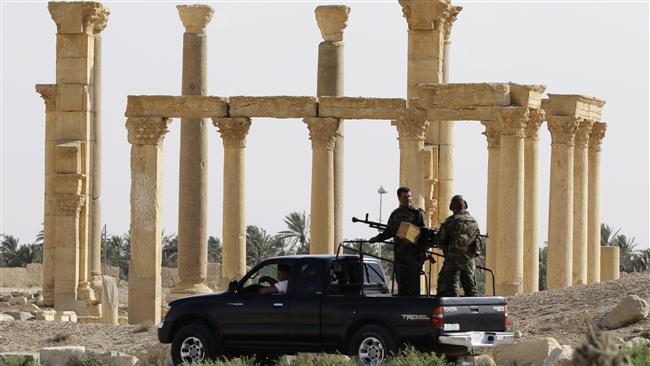Iran welcomes Egypt’s ‘withdrawal’ from NATO-style Arab alliance


Iran has greeted with optimism reports that Egypt has refused to join a US-led initiative for formation of a NATO-like Arab alliance primarily focusing on opposing the Islamic Republic.
“Egypt is one of the important and powerful countries of the Arab and Muslim world, which can play a notable role in creation of peace, stability, and security in the West Asia region,” Foreign Ministry Spokesman Bahram Qassemi said on Thursday.
He added that the Iranian Foreign Ministry is examining the credibility of reports about withdrawal of Egypt from the so-called Arab NATO meeting, and would welcome them if verified.
Earlier in the day, four sources familiar with the matter told Reuters that Cairo had informed the United States and other participants in the proposed Middle East Strategic Alliance (MESA) of its plan for the withdrawal.
An Arab source stressed that Egypt had pulled out of the so-called “Arab NATO” because of its doubts about the seriousness of the proposal as well as fears that such an Arab front would increase tensions with Tehran.
However, two other sources emphasized that the remaining MESA members were moving ahead with the initiative and would press Egypt diplomatically to revoke its withdrawal.
“We all want them back,” said one of the sources. The Arab source, however, said Cairo could not be convinced to return.
The Egyptian embassy in Washington and the White House did not respond immediately to requests for comment.
Cairo’s move could be seen as a blow to US President Donald Trump administration’s anti-Iran strategy, analysts say.
Elsewhere in his remarks, Qassemi said, “Egypt can play an effective and proper role in [contributing to] convergence and unity in the Muslim world through realism and understanding the sensitive situation of the present time.”
He finally expressed hope that as an “undeniable Arab power,” the North African country strives to perform “its historical responsibility on a realistic and rightful path” at the current critical juncture.
The alliance was first proposed by Saudi Arabia back in 2017 in a bid to counter Iran as well as Russia and China, according to a classified White House document reviewed by Reuters last year.



 BREAKING After Norway joined US-led alliance against Yemen
BREAKING After Norway joined US-led alliance against Yemen


